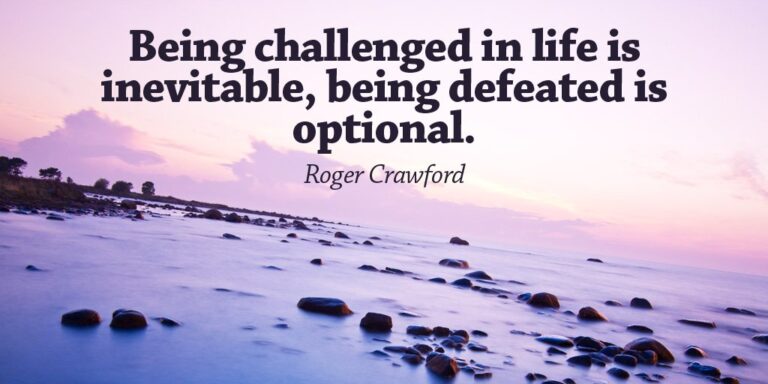
Read, Grow, and Share for Leadership
Angel investor James Altucher is known for his strong opinions about finance, entrepreneurship, and personal growth. So, I wasn’t surprised to learn that Altucher sizes-up a person’s persuasiveness based on the number of books on their nightstands. “I’ve never met a mentally strong person who wasn’t a voracious reader.” He’s right.
Aspiring leaders have a stack of books on their nightstands (or the digital versions, like myself) and a backlog of articles queued on their tablets. While leadership titles are valuable to anyone who guides and inspires others, it’s far more important for leaders to read as broadly as they can as often as they can. Sometimes, a vignette from the world of psychology, or a meaty passage from a dystopian novel, can be just the kind of inspiration one needs to launch the next big thing or change a problematic habit. I read everything I put my hands on. Even pursuing a cookbook on French cuisine – YUM – helps me learn more about a culture that is now infused with my professional and personal life. When it comes to leadership, being well-read isn’t about throwing one’s intellect around to get the proverbial ego stroked. Acquired knowledge is always shared by leaders to teach and develop the members of the team.
Let me offer an example. I recently read a little bit of Richard Barrett’s work on the Seven Levels of Leadership Consciousness. Barret is a thought leader in business who always offers great insights about business ethics and the characteristics of healthy leadership. In Barret’s leadership typology, a leader who’s “arrived” at Barret’s “Level 7” – the top level – is in position to pass on vision and wisdom to future generations of leaders. The financial and fringe benefits that accompany the rise to the top of the leadership continuum are secondary to the leader’s responsibility to give back to humanity. Most of us operate within the first three levels of Barret’s scale, functioning as: Level 1: Crisis Manager; Level 2: Relationship Manager; or Level 3: Manager/Organizer. In other words, we tend to lead at the tactical level, curating the relationships and tasks that keep the sales moving and the business growing. At some point, leaders that continue their ascent arrive at Barret’s Level 4, called the Facilitator/Influencer stage. Now leadership is strategic – big picture – not just tactical – managing the team and the tasks. As you might imagine, leaders operating at the strategic level tend to be empathetic, as well as visionary, seeing every team member as providing meaningful contributions to the realization of the organization’s vision. On the other hand, a manager standing on a lower rung of leadership development might see team members as interchangeable cogs in the machine. If you’re becoming more empathetic with your team over time, your leadership is maturing.
Read everything you can, dear leader. Practice what you absorb on the intellectual journeys. And, when the time is right, stop managing your people and start inspiring them by sharing what you know and what you see for the future. Yes, try the French cuisine too.



